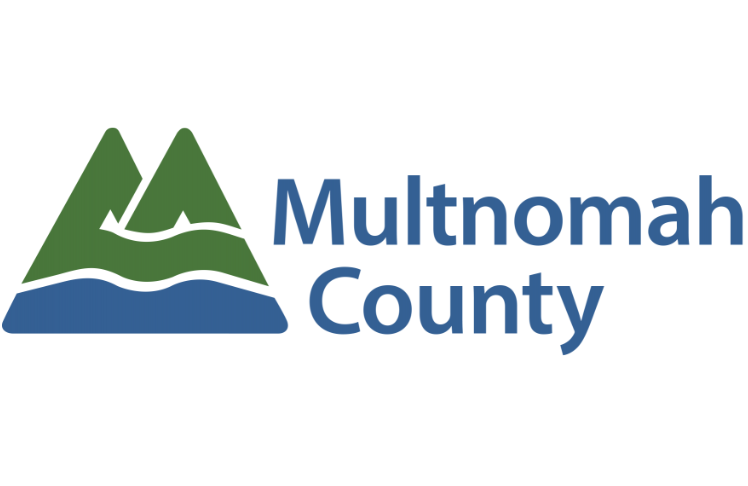
Multnomah County Board Chair Jessica Vega Pederson has proposed a one-year delay in the scheduled tax increase for the Preschool for All program. This announcement, made on Feb. 27, 2024, marks a strategic shift in the program’s funding approach since its voter approval in 2020.
Preschool for All, a program designed to provide high-quality, culturally responsive preschool education to every 3- and 4-year-old in Multnomah County, is principally funded by a tax on high-income earners. Notably, this tax does not impact 90% of county residents.
“Preschool for All is succeeding — we are meeting our goals, getting kids into preschool seats, and on track to fulfill the promises we’ve made to the voters,’’ Vega Pederson said. “Our capacity is expanding every year as we ramp up toward universal access. Our latest data makes it clear that we can delay the scheduled tax increase for one year without negatively impacting our work.”
The program, which began amidst the COVID-19 pandemic’s impact on the early learning system, has demonstrated remarkable resilience and growth. Over the first two years, it offered almost 1,400 seats, surpassing its target by 12%, with plans to add an additional 700 seats this year.
The proposed delay in the tax increase, initially set for 2026, is a response to new economic projections suggesting that such a postponement will not hinder the program’s expansion or its universal access goals. “Knowing a tax delay does not negatively impact the program and provides us with an additional year of data and results for Preschool for All, I will be asking our Board to delay the 0.8% tax increase,” Vega Pederson added.
Preschool for All is notably inclusive, prioritizing enrollment for children from diverse backgrounds and those with limited preschool opportunities, such as children of color, those with developmental delays, and children from low-income families. The program boasts a 96% seat fill rate, with significant representation from families earning at or below 350% of the federal poverty level.
The program’s inclusivity extends to children with disabilities, offering dedicated staff support to create inclusive educational environments. “Not only do these families have a hard time finding and keeping care, they also are more likely to have quit, changed, or not accepted a job due to challenges finding childcare compared to families who do not have children with disabilities,” noted Preschool for All Director Leslee Barnes.
In line with its expansion, Preschool for All is introducing new initiatives such as mid-year enrollments and substantial investments in workforce development. The commitment to fair wages for workers and a $16 million facilities fund, set to be fully operational by end of March, underscores its dedication to enhancing early childhood education quality.















